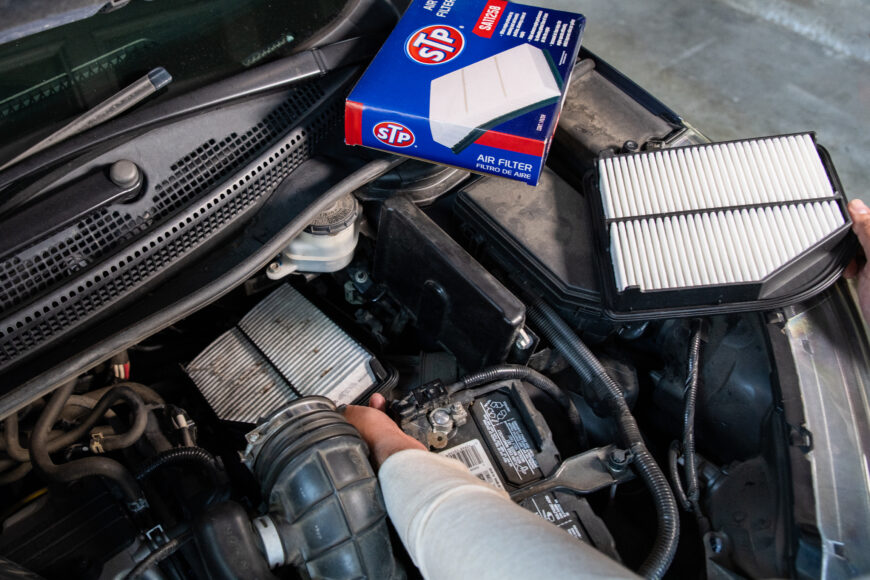Nov . 26, 2024 23:19 Back to list
Superior Air Filtration Solutions for Cleaner Indoor Environments and Enhanced Health
The Importance of High-Quality Air Filters for Indoor Air Quality
In recent years, the awareness of indoor air quality has significantly increased among homeowners and businesses alike. One of the most effective ways to ensure clean indoor air is by using high-quality air filters. These filters play a crucial role in maintaining a healthy living environment, preventing health issues, and improving overall comfort. This article will explore the importance of high-quality air filters, the types available, and how they contribute to better air quality.
Understanding Indoor Air Quality
Indoor air quality (IAQ) refers to the air quality within buildings and structures, especially as it relates to the health and comfort of occupants. According to the Environmental Protection Agency (EPA), indoor air can be two to five times more polluted than outdoor air. Common indoor pollutants include dust, pollen, pet dander, mold spores, smoke, and volatile organic compounds (VOCs) emitted from various household products. Poor air quality can lead to a range of health problems, including respiratory issues, allergies, headaches, and fatigue.
The Role of Air Filters
Air filters are essential components of heating, ventilation, and air conditioning (HVAC) systems. Their primary function is to trap and remove airborne particles and pollutants, ensuring that the air circulated within a building is clean and healthy. High-quality air filters can significantly improve IAQ by effectively capturing a higher percentage of contaminants compared to standard filters.
Types of Air Filters
1. HEPA Filters High-Efficiency Particulate Air (HEPA) filters are among the most effective air filters available. They can capture at least 99.97% of particles that are 0.3 microns in diameter, including dust, pollen, mold spores, and pet dander. HEPA filters are often recommended for individuals with allergies, asthma, or other respiratory conditions.
2. Electrostatic Filters These filters use static electricity to attract and trap particles. They are reusable and can be washed, making them a cost-effective option. High-quality electrostatic filters can capture small particles and are suitable for those seeking a sustainable solution.
3. Activated Carbon Filters These filters contain activated carbon, which is effective at adsorbing odors, gases, and chemical vapors. They are particularly beneficial in environments where cooking odors, pet smells, or smoke might compromise air quality.
high quality air filter

4. MERV-rated Filters The Minimum Efficiency Reporting Value (MERV) ratings help consumers understand the effectiveness of air filters. The higher the MERV rating, the more particles the filter can capture. Filters with MERV ratings ranging from 8 to 14 are generally considered high-quality options for residential use.
Benefits of High-Quality Air Filters
1. Improved Health High-quality air filters help remove allergens and harmful particles from the air, reducing the risk of respiratory issues and allergies. The cleaner the air, the better the overall health of the occupants.
2. Odor Control Filters with activated carbon can neutralize unpleasant odors, creating a more pleasant indoor environment. This is especially important in homes with pets or in areas prone to cooking smells.
3. Enhanced Comfort Clean air contributes to a more comfortable living environment. When pollutants are filtered out effectively, residents are less likely to experience symptoms such as nasal congestion, sneezing, and irritation.
4. Energy Efficiency High-quality filters can improve the efficiency of HVAC systems. When air filters are clogged with debris, HVAC systems must work harder to circulate air, leading to increased energy consumption and higher utility bills. Regularly replacing or cleaning high-quality filters can lead to significant energy savings.
5. Longer HVAC Lifespan Keeping the air clean and reducing the workload on HVAC systems not only results in lower energy costs but also extends the lifespan of these systems, resulting in fewer repairs and replacements.
Conclusion
In summary, investing in high-quality air filters is an essential step towards ensuring a healthy indoor environment. By improving indoor air quality, these filters can have a significant impact on the health and comfort of occupants. Homeowners and businesses should prioritize the use of effective air filtration systems to combat indoor air pollution, protect their health, and enhance overall well-being. Whether through HEPA filters, electrostatic filters, or other high-quality options, the benefits of clean air are undeniable.
-
Toyota Corolla Hatchback Cabin Air Filter – High Efficiency & Easy Installation
NewsJul.08,2025
-
Premium Canister Fuel Filter Supplier High Quality Oil Filtration Solutions
NewsJul.08,2025
-
Premium Car Filter Oil Solutions Leading Car Oil Filter Exporter Hyundai Car Oil Filter Exporters
NewsJul.08,2025
-
Buy 17x21x1 Air Filter – Improve Air Quality & HVAC Efficiency Affordable Air & Cabin Air Filter Cost
NewsJul.07,2025
-
High-Performance Filter Element Fuel – Durable, Efficient & Cost-Effective Solutions
NewsJul.07,2025
-
High-Quality Engine Filter and Cabin Filter for Superior Airflow Affordable Cabin and Engine Air Filter Cost
NewsJul.07,2025


